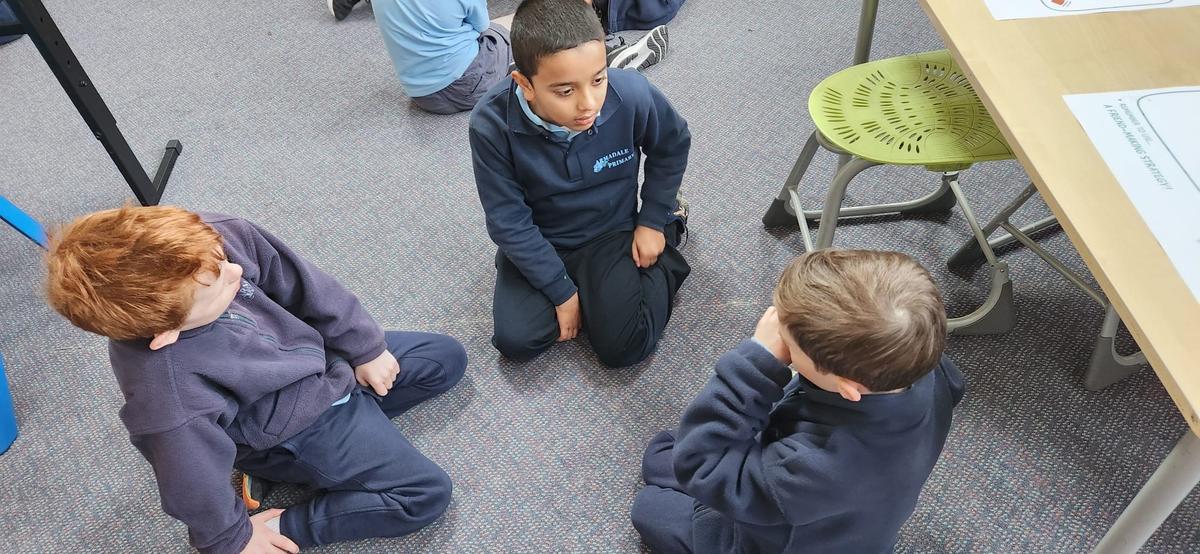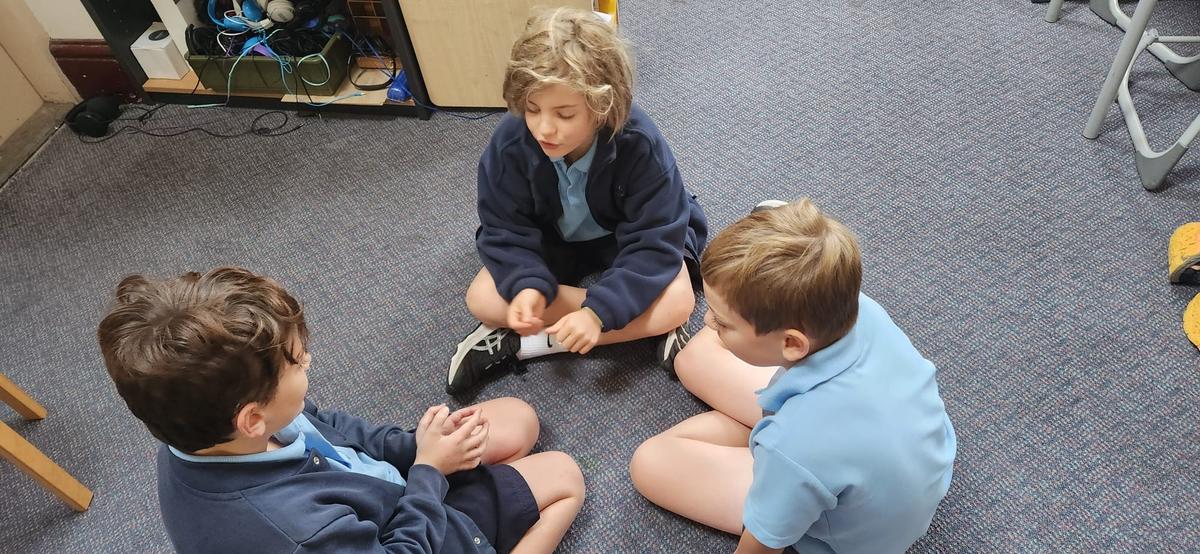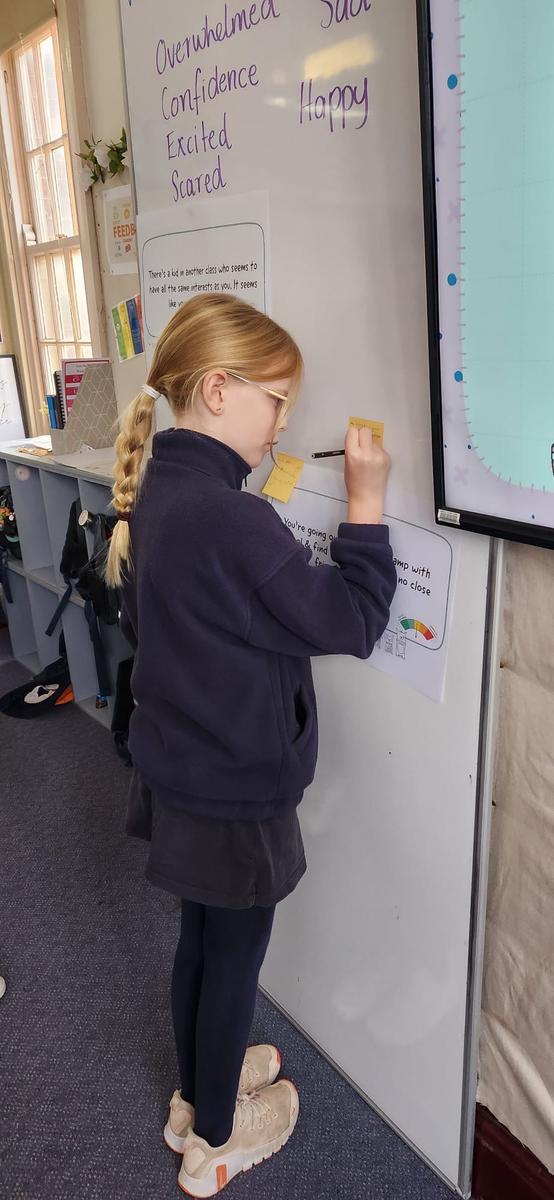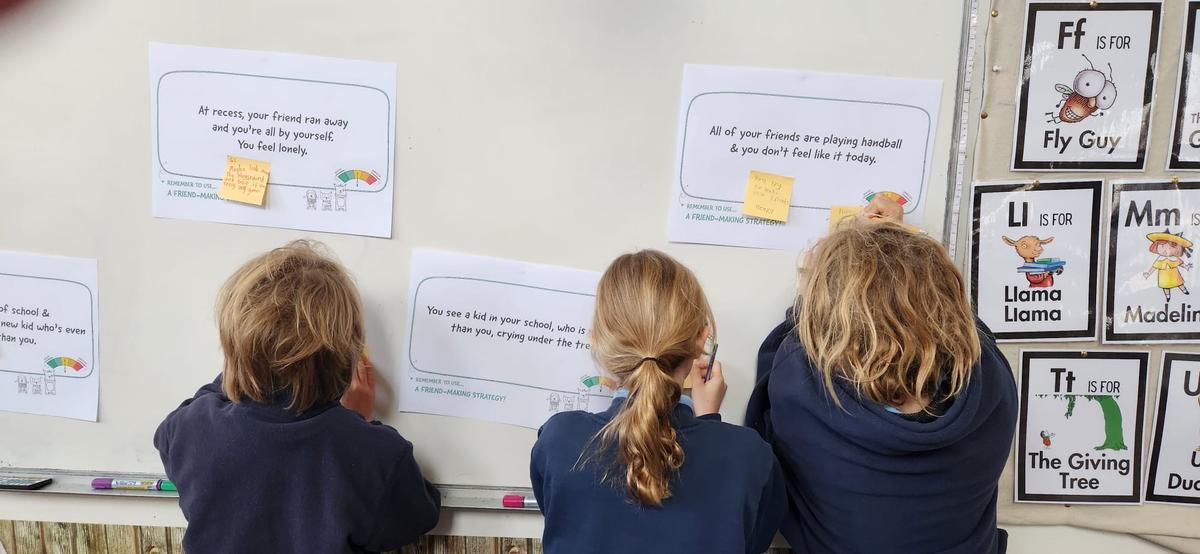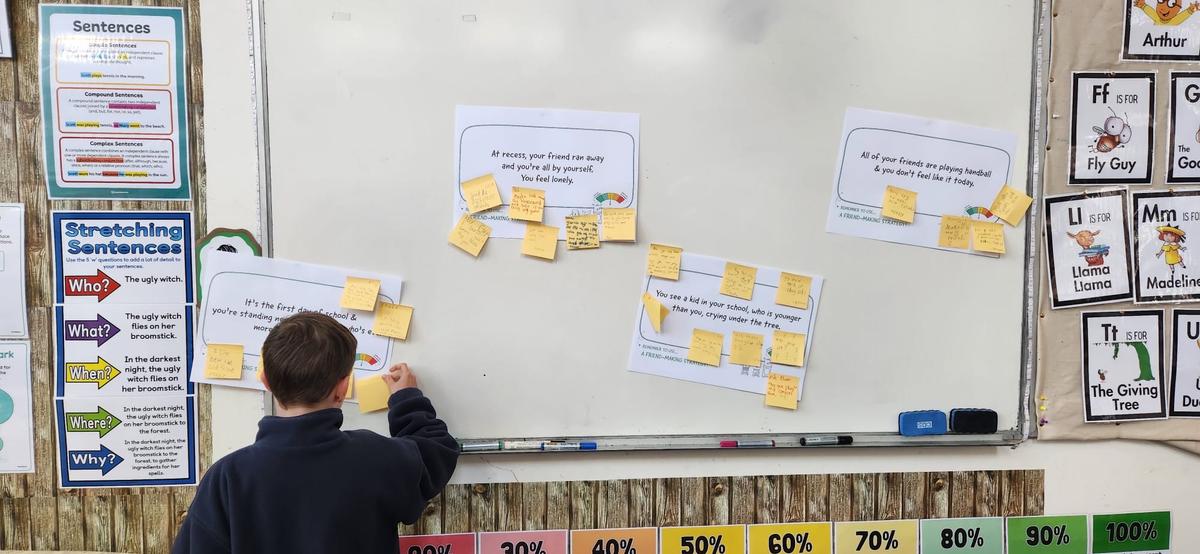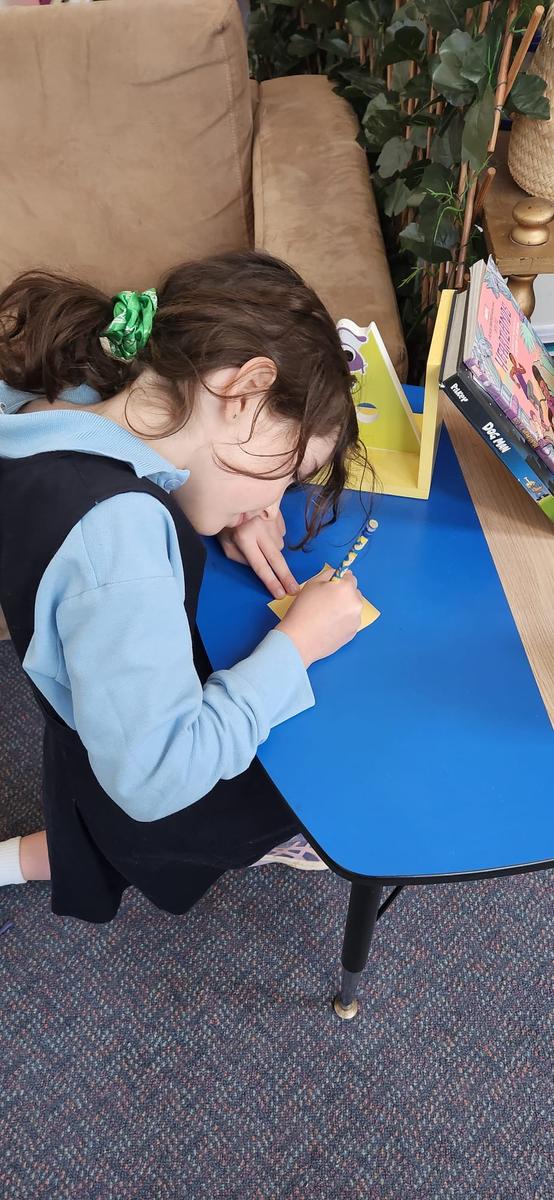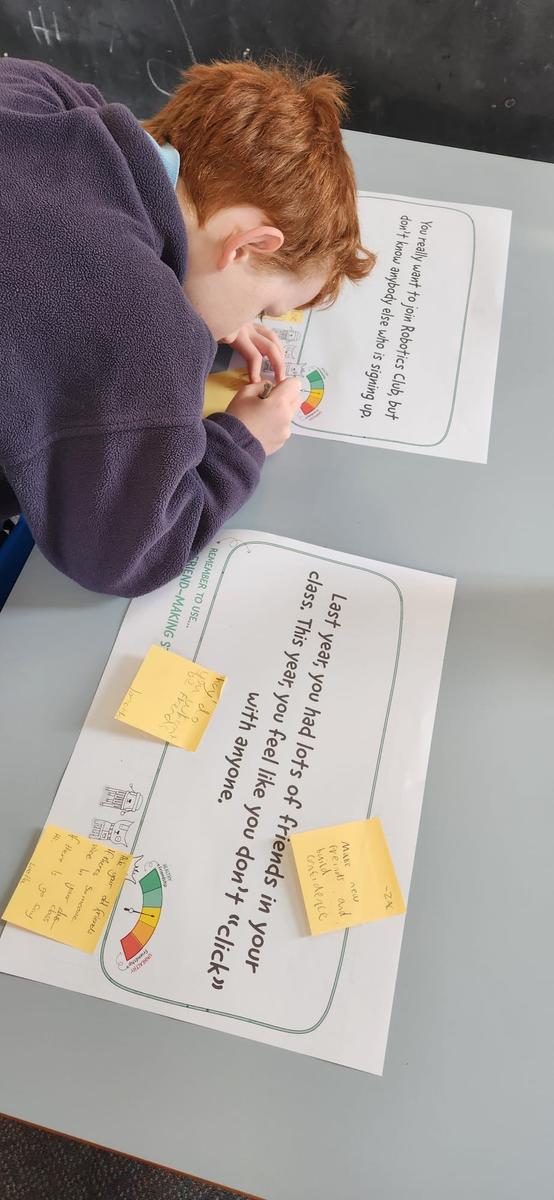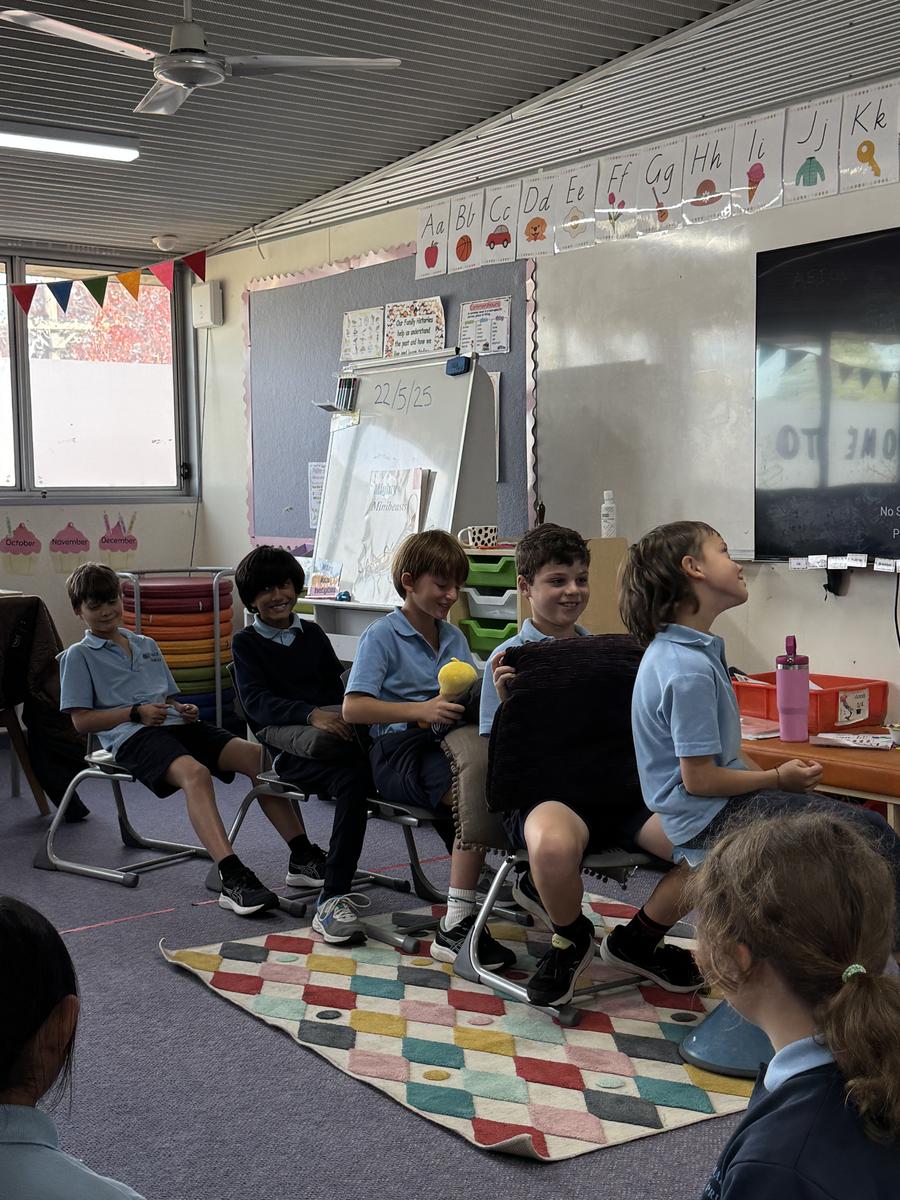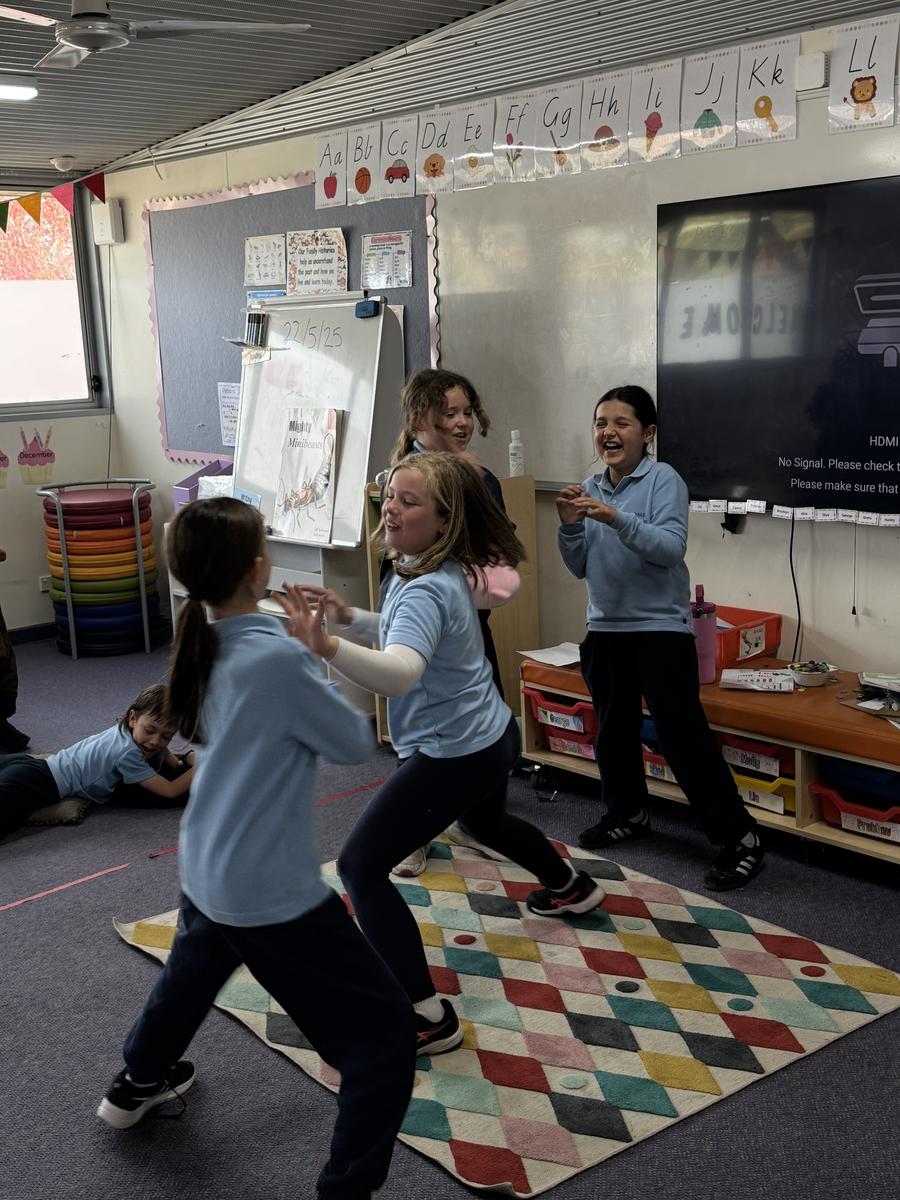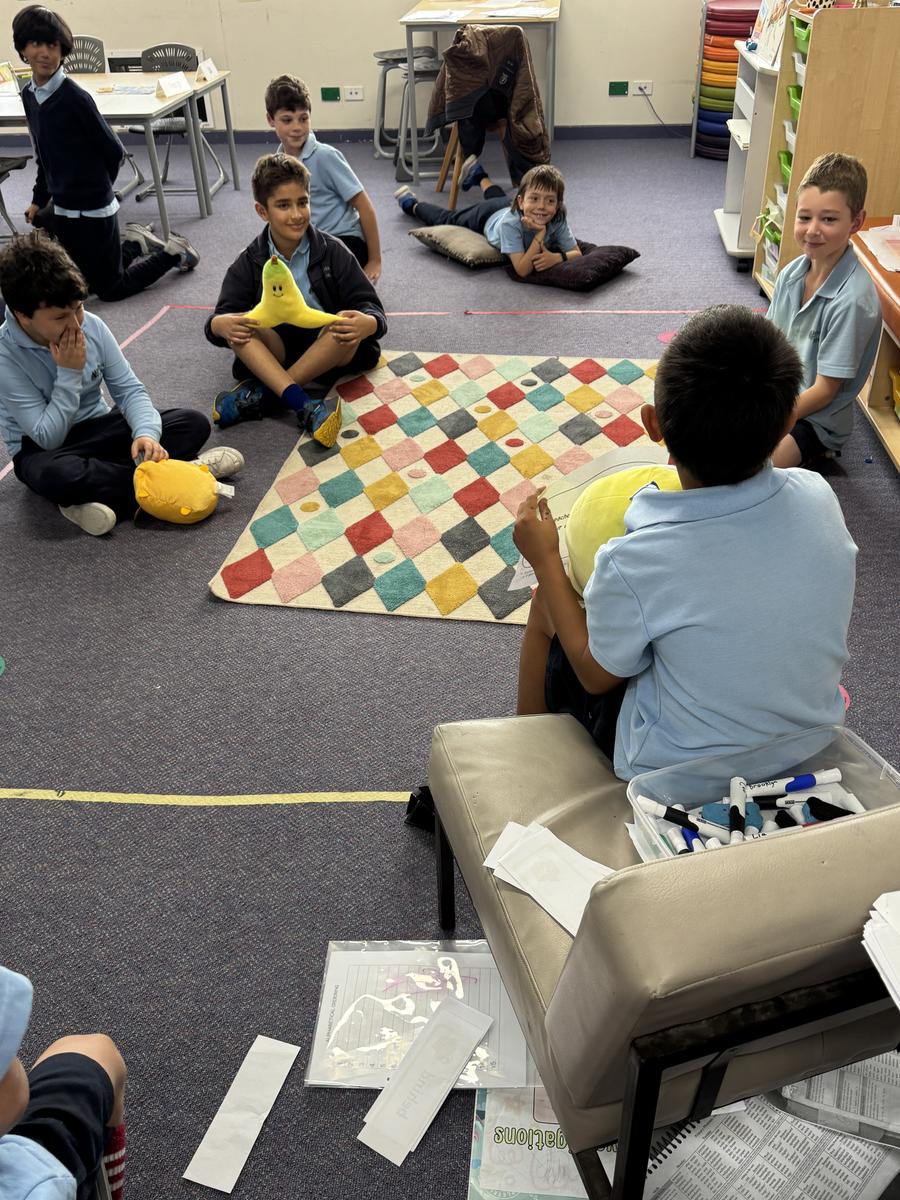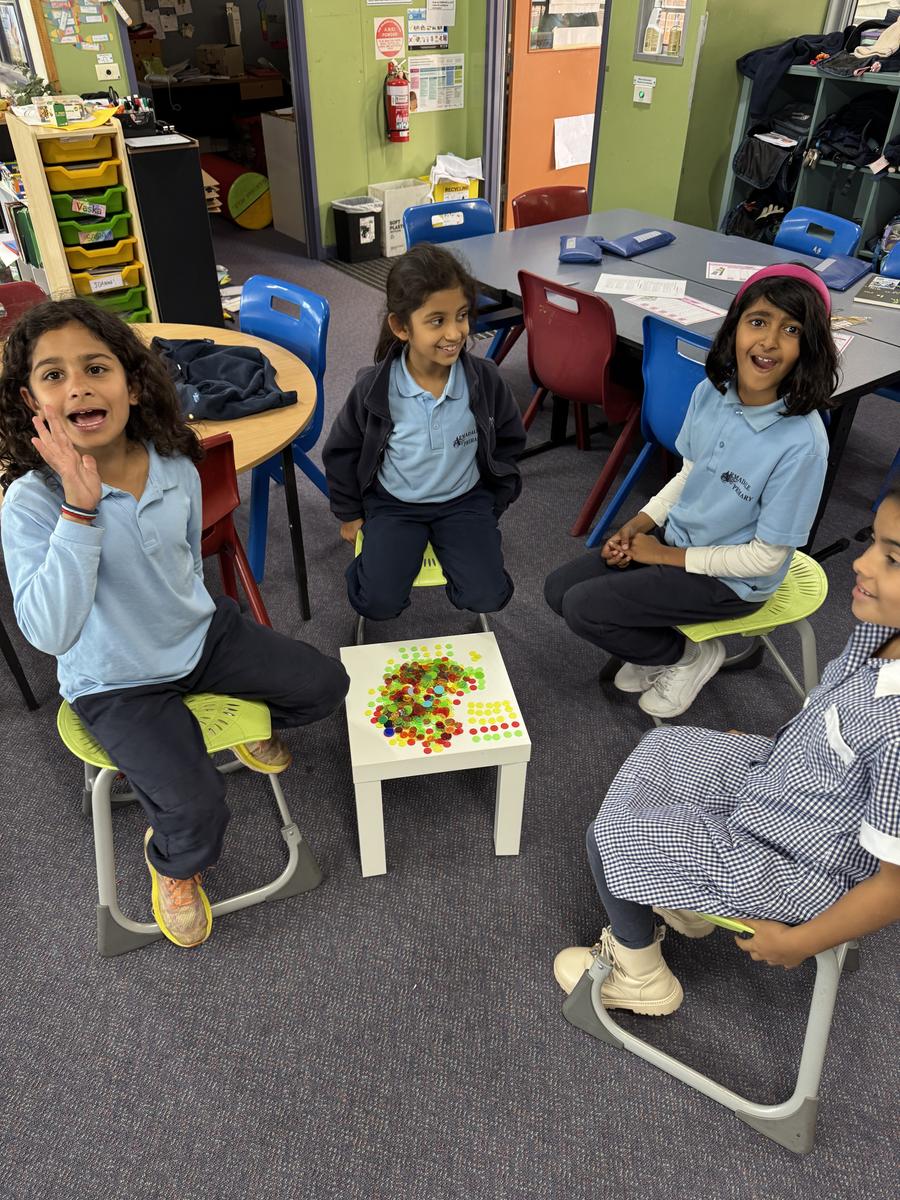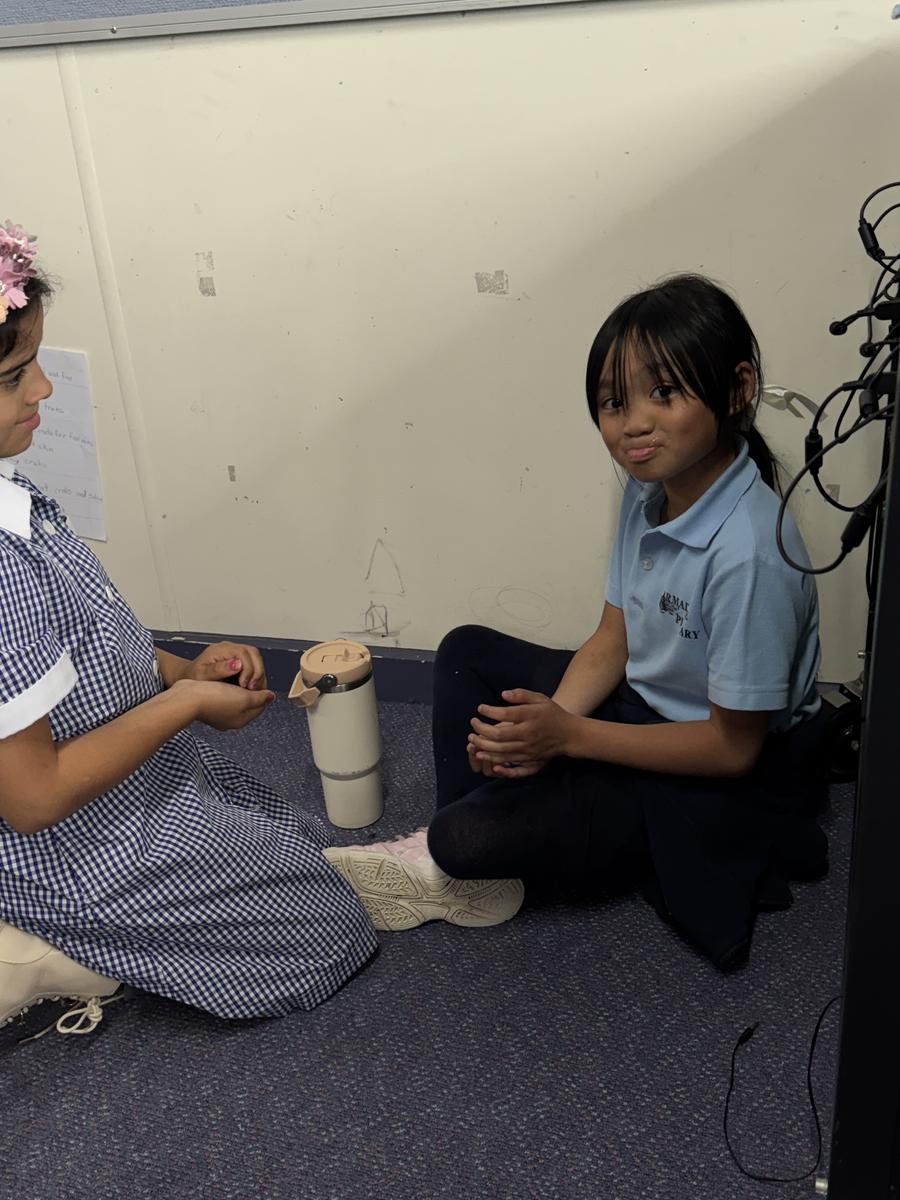Year 3/4 Bulletin
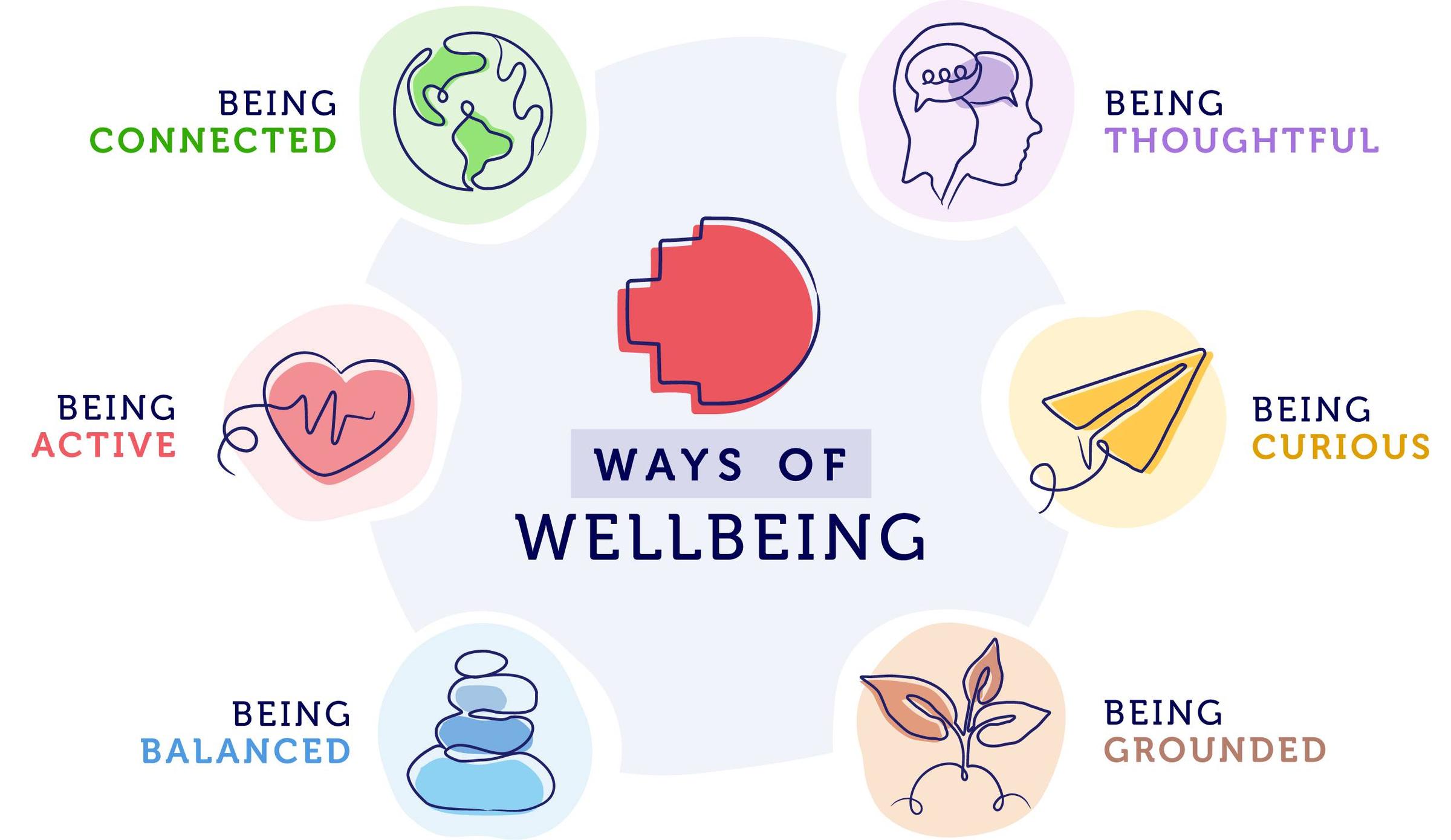
In Term 2, our Grade 3/4 students concluded an inquiry into our Big Idea: "The way we understand and manage our emotions, build relationships, and solve problems shapes our identity and our role in our local community."
Across the first three weeks of term, students explored this concept through real-life discussions, roleplay, and personal reflection. Their learning culminated in a performance showcase, where students presented prepared scenarios to the rest of the 3/4 cohort. These scenarios reflected moments of emotional challenge—feeling left out, facing peer conflict, or managing nerves in new situations. Each group was assessed using a rubric, encouraging students to apply their understanding in a creative, practical way. It was a powerful way to build empathy, self-awareness, and communication skills.
We are now building on this foundation by continuing to explore social-emotional learning through the URSTRONG friendship modules, which help students strengthen relationships and navigate social situations with confidence.
This week's session was broken into two parts:
Mindfulness Reset
After lunch, students took part in a mindfulness session, lying on the floor with closed eyes and listening to a calming visualisation script. This time allowed students to reflect, slow down, and mentally prepare for the afternoon. Mindfulness remains a valuable tool for building emotional regulation and calm focus—especially after a busy break.After completed, children were asked the following questions:
- What were you feeling during the mindfulness meditation?
- What images did you see in your mind?
- What thoughts popped into your head?
- Where or when could you use this strategy in your day to day lives?
Whole
We began as a whole group by brainstorming answers to the question:
"What words come to mind when you think about making new friends?"
Students offered words that reflected positive and uncomfortable emotions, such as “excited,” “nervous,” “happy,” and “worried.” We discussed the idea that even though making new friends is often a positive experience, it can still come with uncomfortable emotions—especially when trying something for the first time.
As a class, we sorted these emotions together:
- Green circles were drawn around positive emotions
- Red circles were drawn around negative emotions
Small – Scenario Practice in Groups
In small groups, students were given a range of "first-time" social scenarios, including joining a new game, introducing themselves to someone they didn’t know, and inviting someone to play who looked left out. Students worked together to discuss how they might feel in these situations and what strategy from our 'Friendology' learning could help them feel more confident. Strategies might include:
- Using friendly body language
- Giving a compliment
- Asking a question to show interest
- Inviting someone to play
Where comfortable, students also role-played their responses to the scenarios, showing how they would include others or approach new friendships.
Whole
To close the session, we regrouped and shared reflections from the small groups. Students discussed which strategies worked best and how they might use them in real-life situations in the yard, classroom, or even outside of school. This final reflection gave students the opportunity to hear different perspectives, validate their emotions, and reinforce the idea that navigating social “firsts” is a skill they can learn and practise.
Our next Big Idea and driving questions are;
Science helps us understand the world around us and helps us to make informed choices that support our local environment.
Driving Questions
- What do living things need to survive, and how do we know?
- Why does the environment affect how living things grow?
- How can we help promote our school garden to grow and thrive?
Allira, Richard, Nellie
Year 3/4 Team
Allira.Zeneli@education.vic.gov.au

